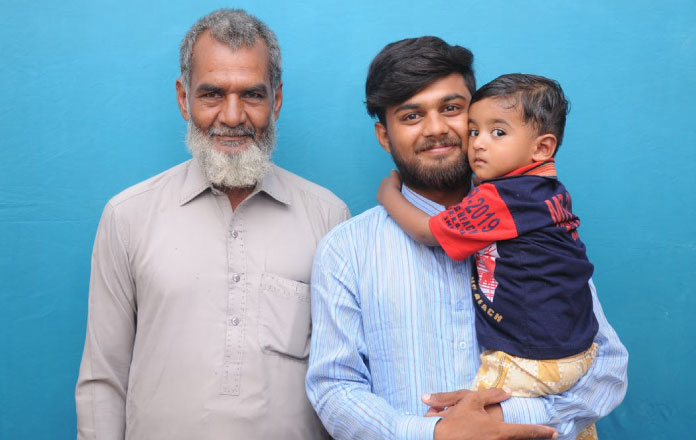Australia is the destination of so many people around the world who are looking for a better place. While a lot of people immigrate to Australia to work or study, most people are looking for a fresh beginning with their families, partners, or even relatives. As such, there are numerous visa options available for immigrants with different circumstances. But unfortunately, many people (especially senior citizens) are overwhelmed by the substantial amount of information available on the internet and the sheer length of paperwork their immigration agency provides. It can be damn right stressful to just consider all the visa options, requirements for each, the prices, and so many other factors. That’s why we intend to help those who want to live with their children or family members in Australia or those who want to bring their parents or relatives to Australia by showcasing different visa options suited for this special circumstance. So, without any further ado, here are 4 visa options for bringing your parents or relatives to Australia.
Parent Visa Options:
Parent Visa (Subclass 103)
The most common form of parent visas. With this visa, the parents of eligible Australian or New Zealand citizens can move to Australia permanently and even apply for Australian citizenship in the future. Being a non-contributory visa, parent visa subclass 103 takes a long time to process, but it’s significantly cheaper compared to contributory visas. If the waiting time isn’t an issue and you can’t afford to pay north of $40,000 for a visa, consider this option instead. Here are some general requirements for parent visa subclass 103:
- The applicant (the person applying for the visa) must have a child who is above 18 years old and an eligible citizen of either Australia or New Zealand.
- The applicant and the sponsor (the child who is willing to sponsor the parent) must pass the Balance of family test.
- The sponsor must be living in Australia at the time of visa application.
- Both parties must pass the health and character test.
Contributory Parent visa (Subclass 143)
With this visa, the parent of an eligible citizen or permanent resident of Australia or New Zealand can live, work, and study in Australia and enjoy other privileges like medicare, travelling around the country, and applying for Australian citizenship. The child must also have been “settled” in the country for more than two years. Contributory parent visa 143 has a very short processing time but costs around $43,000, which is why you should only consider this option if money isn’t an issue. Here are some general requirements:
- The sponsor must be an eligible citizen or resident with an adequate financial condition.
- The applicant and the sponsor must pass the Balance of the family test.
- The applicant must be in possession of an Assurance of Support.
- Both parties must pass the health and character test.
Relative Visa Opttions:
Remaining Relative Visa (Subclass 115 & 835)
If a close member of your family is an eligible citizen or permanent resident of Australia, you can apply for a remaining relative visa. The person who’s able to sponsor you is either your sibling, parent or close relative. Furthermore, you must provide documents that prove your relationship. If the applicant is offshore, the subclass 115 visa is a viable option and if the applicant is already in Australia, the 835 one is the way to go. Here are some general requirements for remaining relative visa:
- The sponsor must be over 18 and an eligible citizen or permanent resident.
- The relationship between the applicant and the sponsor must be lawful.
- The applicant and the sponsor must pass the balance of the family test.
- Both parties must pass the health and character test.
Aged Dependent Relative Visa (Subclass 114 & 838)
If you have an elderly family member or relative that is financially, mentally or physically dependent on you (and assuming that you, in this scenario, are an eligible citizen or permanent resident), you can sponsor them with an aged dependent relative visa. If the relative is offshore, opt for the subclass 114 visa and if not, go for the subclass 838. Being another non-contributory visa, the aged dependent relative visa is rather cheap but the processing time is very long. Here are some general requirements for this visa:
- The applicant must be old enough to be eligible for an age pension in Australia.
- The applicant must be either financially, physically or mentally dependent on the sponsor.
- The applicant must not have a partner.
- The applicant must own an Assurance of Support.
- The applicant and the sponsor must pass the Balance of the family test and the health and character requirements.
Conclusion
It should come as no surprise that this guide might be at least a little outdated in the future (maybe 5 or 6 years from now. Therefore, it’s important to do your own research at all times, even if you are working with an immigration agency. It is also important to note that there are obviously more than 4 visa options available in Australia for parents and relatives. If you are interested to learn more about those, stay tuned for future articles!





